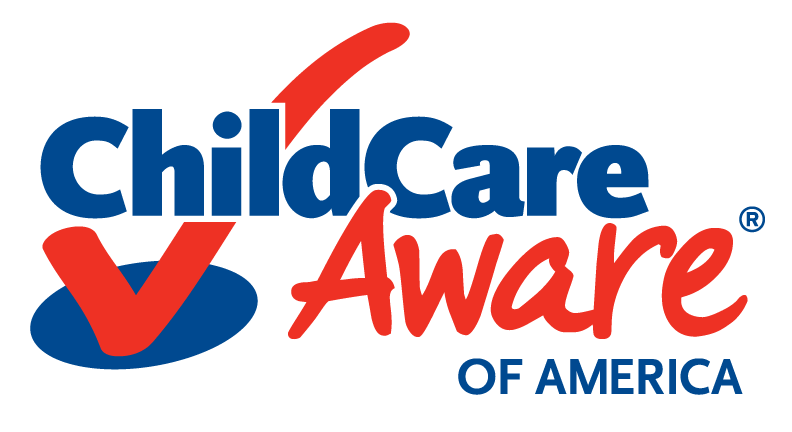Families bear the majority of the burden for child care costs. While some public funding is available for child care, the incomplete patchwork of support often does not provide enough assistance for families, particularly low-income families that lack access to high-quality licensed child care and may, therefore, place their child in an informal or unlicensed child care setting.
Parents and businesses can take advantage of federal tax credits for supporting child care, including the Earned Income Tax Credit, the Child Tax Credit, the Child and Dependent Care Tax Credit, Dependent Care Flexible Spending Account (FSA), and Dependent Care Assistance Programs. Unlike a deduction, credits don’t just lower the amount of taxable income; they actually lower the bottom line of tax liability. Many states also provide tax assistance through credits and deductions, with benefits varying depending on the state and the income of the family.
Tax credits are also available to help defray the tax burden for businesses that support child care either directly to their employees, by subsidizing the cost of child care for their employees, or by providing child care on-site as work support.
Child Care Aware® of America supports initiatives by lawmakers that will reform and enhance tax credit opportunities for families.
Tax Credit Policy (PDFs)
- Promoting Affordable Child Care for Everyone (PACE) Act of 2017
- Child Tax Credit/Earned Income Tax Credit Information


